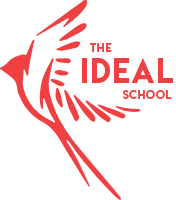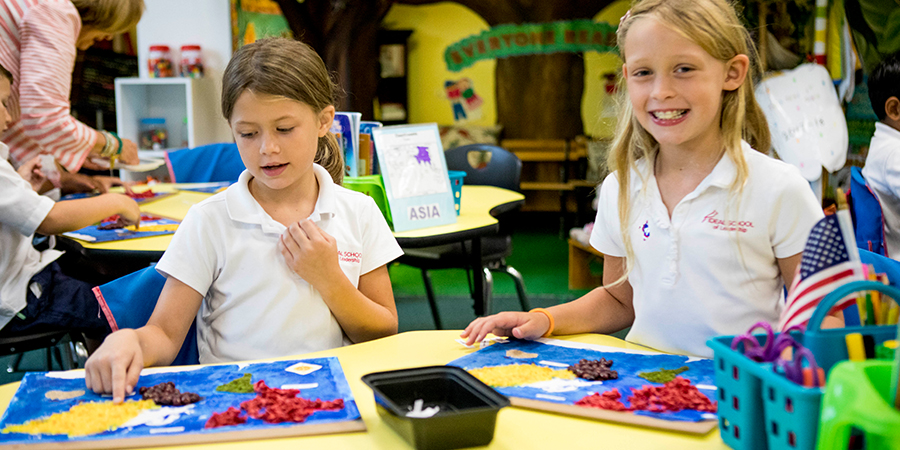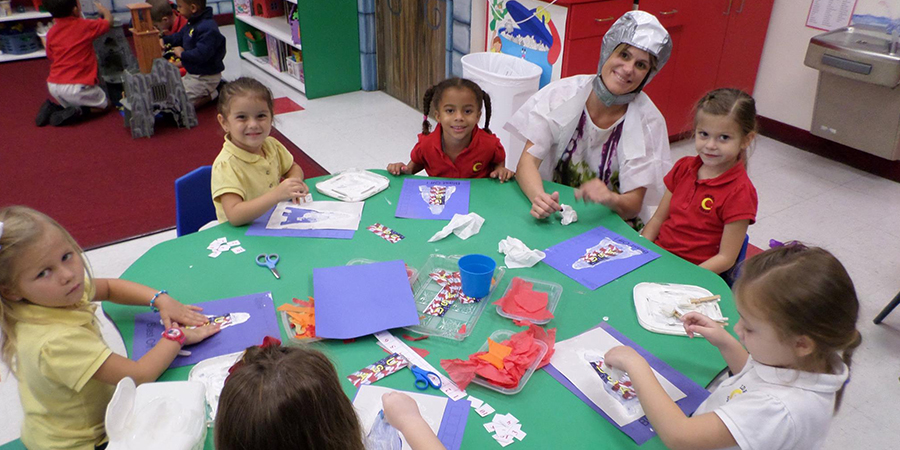Things that Make a School an Advanced Brain-Based School Using the Multiple Intelligence Theory

The Evolving Role of Multiple Intelligences in Education
August 8, 2019Why a Brain-Based School Practicing the Multiple Intelligence Theory Could be a Perfect Fit for your Child
Brain-based schools using MI are centered on the educational philosophy of Dr. Howard Gardner, a professor of education at Harvard University, who believed that all children possess varying degrees of strength in eight intelligences. Traditional schools measure student achievement in mainly two intelligences: verbal and mathematical. The MI theory recognizes children’s gifts in eight areas. Children at schools practicing MI theory refer to their strengths based on the eight intelligences as linguistic, spatial, logical-mathematical, bodily-kinesthetic, interpersonal, intrapersonal, naturalist and musical.
Schools practicing MI understand that each child has preferred learning styles depending on the strengths of their intelligences and they provide instruction that accommodates their students’ learning styles. Teachers at these schools implement multiple intelligence strategies that meet the needs of their students and foster enthusiasm for learning, self-confidence and ownership of the learning process. Schools using MI theory create opportunities for children to develop all intelligences while solving problems and creating products. These schools prepare students to do much more than take standardized tests. Students at brain-based, MI philosophy schools are challenged to participate in experiences that prepare them for a wide variety of adult roles.
Here are three ways in which innovative, brain-based schools differs from a traditional school:
1. Multiple Modes of Instruction
While the MI theory does not dictate any specific form of instruction, teachers are trained to develop MI lessons which incorporate multiple learning styles in order to build on their students’ strengths. These activities often simulate real-world situations such as exploring and discovering nature on a walk, debating a topic, telling a story, creating a map, listening to song lyrics, or creating their own rap or chant. This means that in an innovative school you will not see students sitting quietly in rows simultaneously bubbling in answers to multiple choice questions.
What you will see at a school using MI practices will be activities that are relevant in the real world beyond school walls. You will see students working either in groups or individually. You will see movement, social interaction, problem solving and creating. You may hear discussions, role playing, songs and music, with the noise level ranging from loud to quiet. The lessons are student-centered, hands-on and student-driven. Children actively participate in their learning, using their own initiative to explore and make connections in a manner that they can understand. Teachers set up varied, layered activities revolving around a theme or concept. Some activities allow students to use their talents, while other activities will help them develop new skills.
2. Multiple Modes of Assessment
In innovative, brain-based schools teachers do not rely solely on verbal and mathematical assessments to measure student achievement. Students’ learning is assessed through multiple modalities. Many of the assessments are part of thematic, long-term projects where students may choose to draw on their talents to display their knowledge of the content. In a social studies lesson, students can demonstrate their understanding of the Underground Railroad, for example, by constructing 3-D models, creating a story quilt or a board game, writing journal entries or performing a ballet. Students learn from each other by working collaboratively on thematic units and teachers are trained to guide students to challenge themselves to explore other intelligences.
3. Students Learn about Learning
At innovative, brain-based schools students learn about learning. They become aware of different learning styles and what learning styles work for them. They become better equipped to make decisions and take ownership of their education. Students are taught to celebrate their strengths and are encouraged to work on areas that pose challenges. Students become self-directed learners, possessing a set of skills that will serve them well in college and in their future careers.
The IDEAL School is a private Multiple Intelligence school in West Palm Beach. At the IDEAL School, students are taught and assessed with the objective of helping them develop into well-rounded individuals with strengths in many areas. Educators at the IDEAL School celebrate the whole child. Students at IDEAL are enthusiastic learners who are invested in their own education and proud of their achievements. For more information about sending your child to an innovative, brain-based school, click here.



